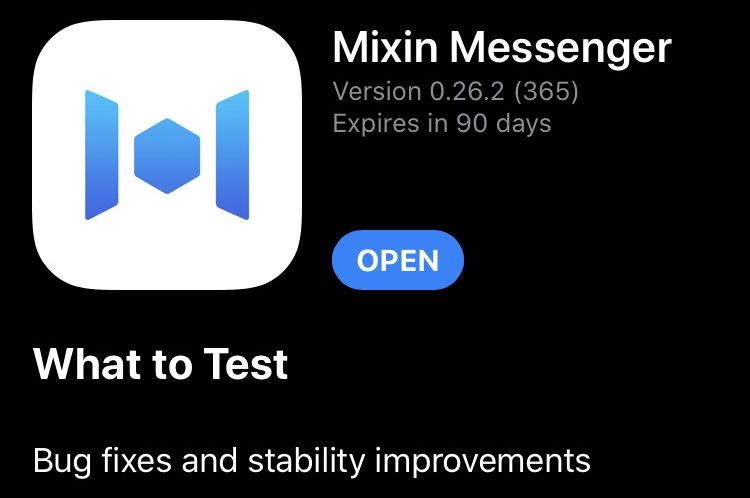Succeed Slow
Aug 18, 2020A popular startup philosophy is fail fast. I think its original intention is to build a minimum viable product, test, collect feedbacks, and analyse valuable metrics to determine whether to continue, i.e. another cool nouns similar to agile development.
I’m a big believer in these kind of philosophy, and apply it in almost all our stuffs. However it’s tricky on when to fail fast, or which part to fail fast. Is it to fail the whole project or only part of it? Is 3 months fast enough or too fast? Is it the same fast for a 10 people team as an 100 one? My own answer to these questions is succeed slow.
The first principle to fail fast is to have a mission to complete in at least 5 years. When I started the Mixin project I knew that I would put at least 10 years of efforts on it. To have this level of true ambition is not easy, it’s a result of years of thinking and chasing on something, a mission. Since my first access to the Linux operating system, I have grown up my passion about security and privacy, my belief on simple product design.
Before pivoting to Mixin, our team have worked on Shou, a mobile game streaming service, for years. We decided to stop the service and put all of our 15 people on the new mission. Fail fast enough. The pivot decision is made and announced at November 25th, 2017, and one month later at the Christmas we have released our first Mixin Messenger app on Google Play, and App Store indeed, merely it was under review by Apple. Then we made hundreds of iterations and have submitted 365 TestFlight builds to App Store within about 900 days.

Startup is really tough, only if you have the 10 years ambition you could succeed slow, and make quick iterations. Fail fast is not to fail your mission fast, it’s the countless iterations. And for some serious applications, e.g. cryptocurrency wallets, we know we must not make mistakes, we should always prepare and be ready for any possible incidents or usage spikes, we gonna succeed slow.
And big.